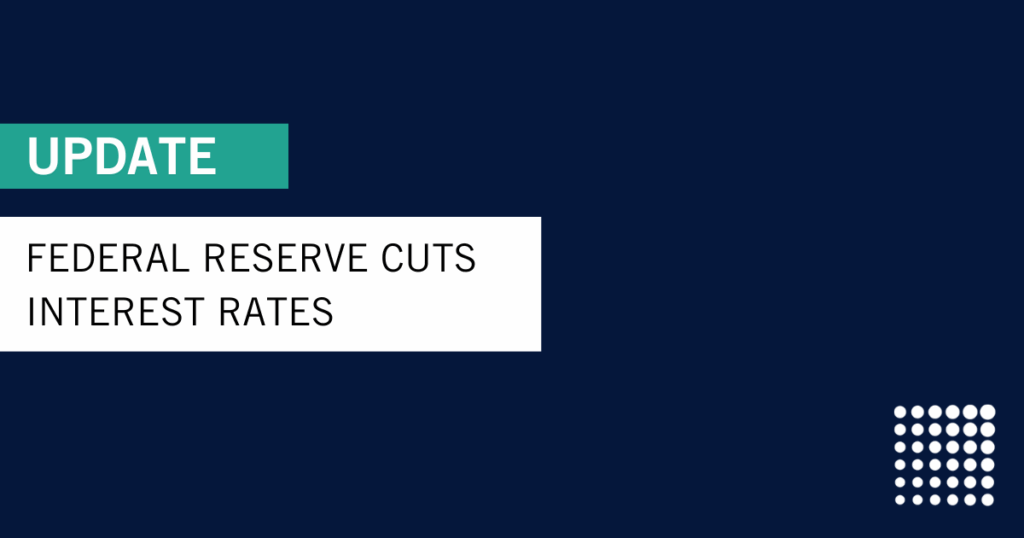Consider these factors before jumping in on a lower interest rate
When mortgage interest rates fall, many homeowners look to refinance their loans. With most individual’s wealth held up in their home, it’s easy to see why this could be financially beneficial. Not only can a lower interest rate decrease monthly payments, but it can help you get to ownership more quickly and solidify your financial stability.
While refinance activity is up dramatically over last year, that doesn’t mean it’s the best move for every borrower. Knowing when to refinance your mortgage is the trick.
CPA and Financial Planner Emmanuel Miller educates his clients on when to take the next step and the key factors that will ultimately guide the decision. A key thing to understand is that making a move shouldn’t be a game of chasing rates, it’s much more personal than that.
“I liken it to the stock market. Borrowers should not impulsively react to interest rates. Getting the lowest rate is not a bragging right. One needs to evaluate the savings they are trying to achieve and weigh it with factors like closing costs and length of time in the home.”
FACTORS TO CONSIDER
People refinance their home with the intention that it will better their financial situation. Due to closing costs, an interest rate alone may not do this, however looking at your complete financial picture can offer the insight needed to know when it’s right to contact your lender.
Interest Rates: Although interest rates are not the sole tell-all, if you can secure a rate 1% lower than your current one, it may be a time to take a look.
Length of Time in Home: How long do you plan to stay in the current home? Emmanuel reminds that when you refinance, you are essentially buying down the interest rate. Analyze the current interest rate versus the lower interest rate to determine how long you will need to stay in the home in order to recover the closing costs associated with the refinance.
For example: You have two offers, the first is to refinance 3.5% to 3% with closing costs of $2000, and an option to take the mortgage from 3.5% to 2.5% over the same time period with closing costs of $6,000. You must then analyze the difference between the $2000 and $6000.
If you go with the lower interest rate, how long will it take you to make up the difference in monthly payments? If it’s seven years and you only plan to stay in the house two more years, it wouldn’t make sense to buy down the rate.
Equity in the Home: This can depend on what type of mortgage you got the first time. If you have more than 20% equity in the home, refinancing may make sense. If you originally had PMI, (private mortgage insurance) a type of protection for the bank, it may have originally made your mortgage payments higher.
Credit Rate: Credit worthiness is still a factor in a refinance. If you have good credit, you will get the low interest rates. If you have bad credit, you will be in a higher rate bracket. If the reason behind your refinance is to try to get lower monthly payments, yet your debt-to-equity (DTE) ratio is high, your interest rate will also be high, resulting in no advantage.
Current Cash Flow: If you need additional cash to be able to maintain your lifestyle or be able to save more, your home has potential to improve your situation by lowering abnormally high monthly payments or freeing up cash due to equity.
Financial Goals: Refinancing can potentially help you pay off your home more quickly, which is appealing if being debt free is a goal of yours.
“It’s important to remember,” says Emmanuel, “that being debt free is not the same as being financially free. Paying off all your debt, but not having enough to the save for the future is not a state of financial freedom. It’s important to talk to your financial planner to ensure you leverage the right strategy here.”
Refinancing has many advantages, but it’s important to remember that it’s not “free” and does come at a cost. Usually to the tune of closing costs which can typically be 2%-6% of the amount you are borrowing. Knowing how much you can save, how long it will take to pay off closing costs and how much interest you’ll now pay over the life of the loan will help you make an informed decision.
Confidence in your next move will come with knowing that the refinance helps you get to the next milestone on the road to reaching your financial goals. If you are presented with a low-rate refinance opportunity or feel you are a good candidate, reach out to your advisor.
CWA advisors do not just file your taxes each year. We get to know your whole financial picture to help identify financial challenges and opportunities, set annual and long-term goals, and work with you to implement your financial plan, always there for guidance and direction every step of the way.














